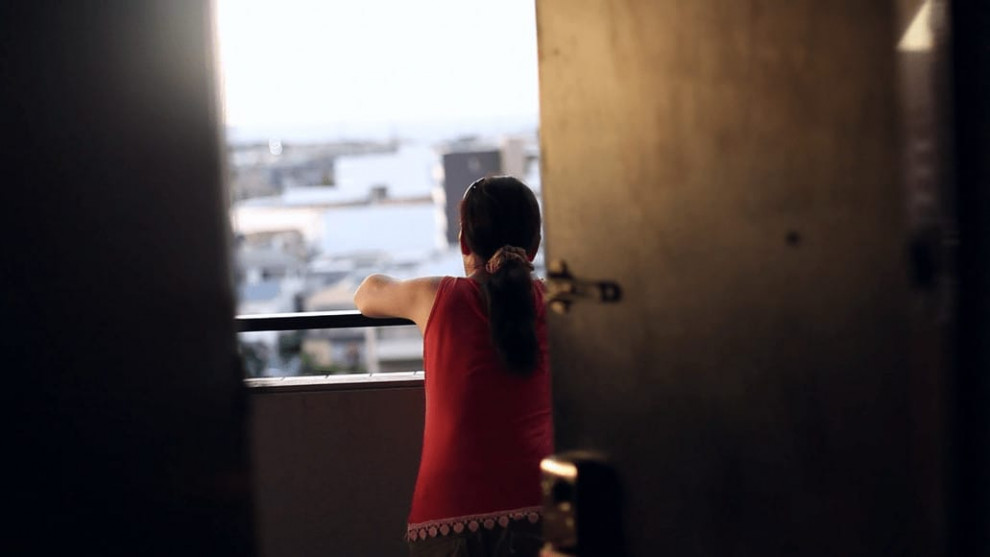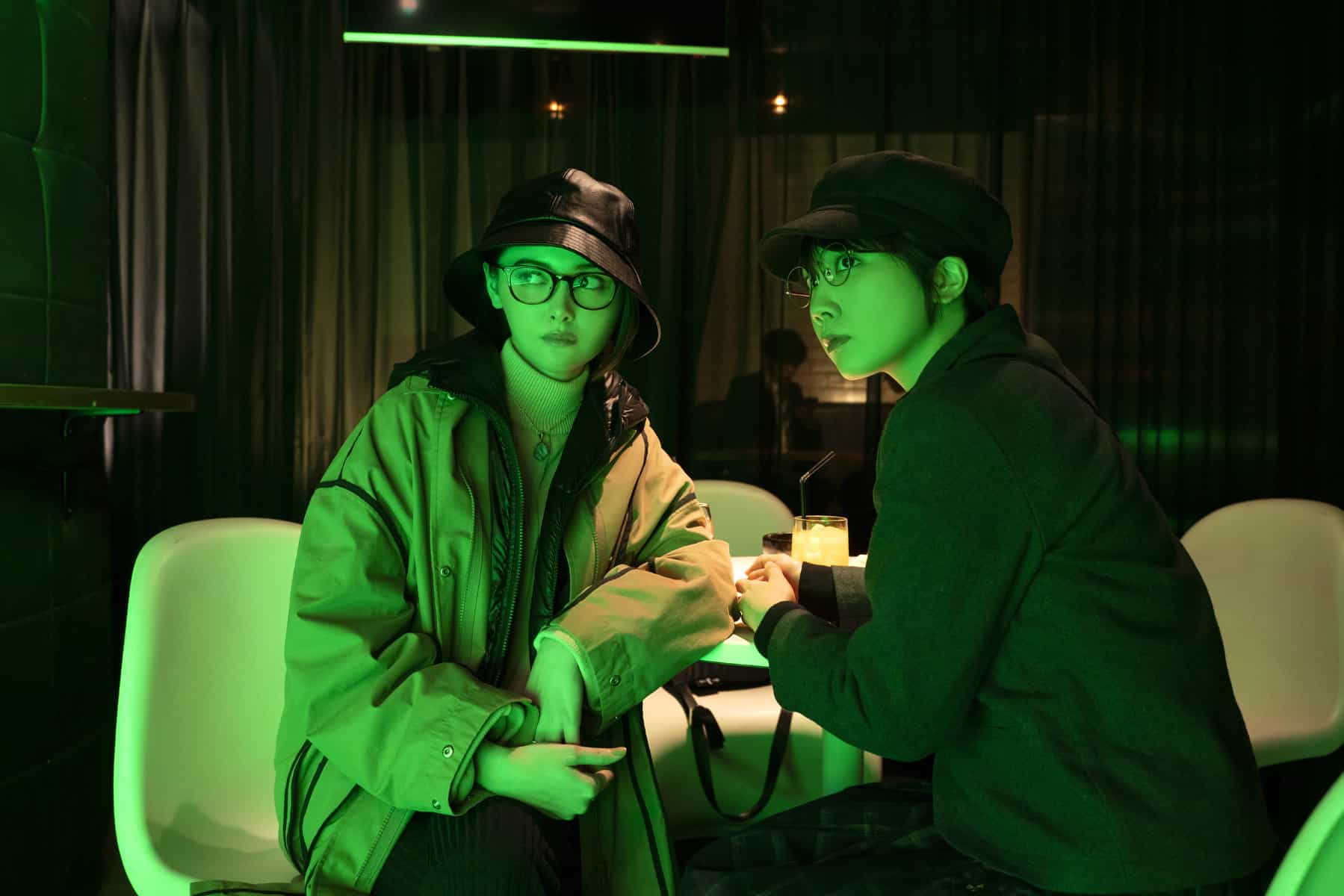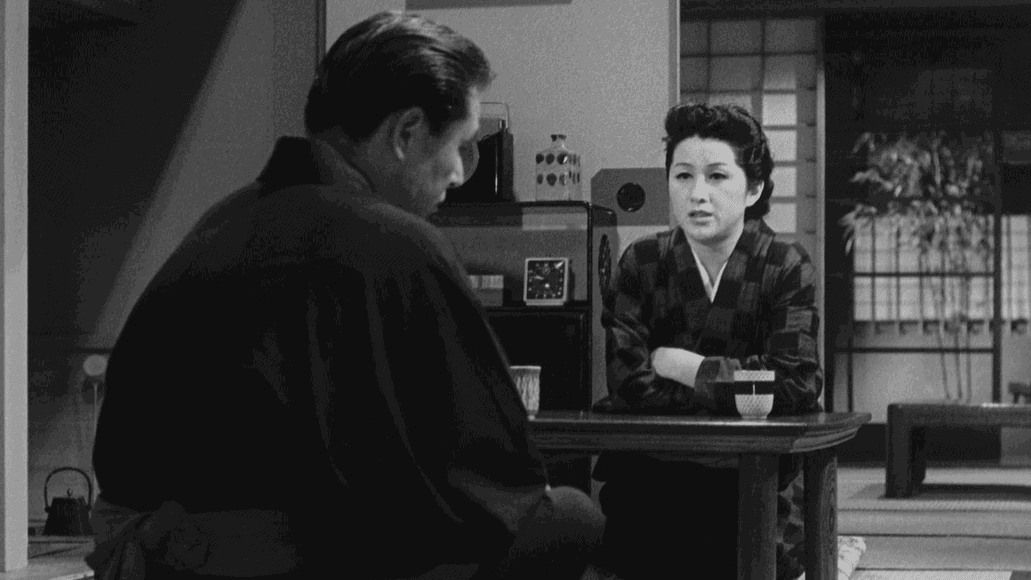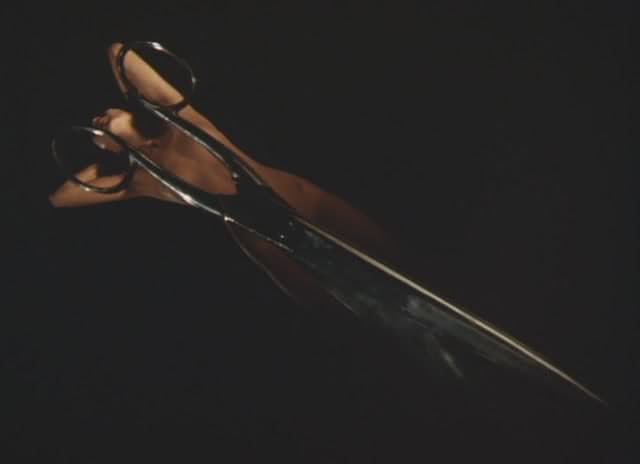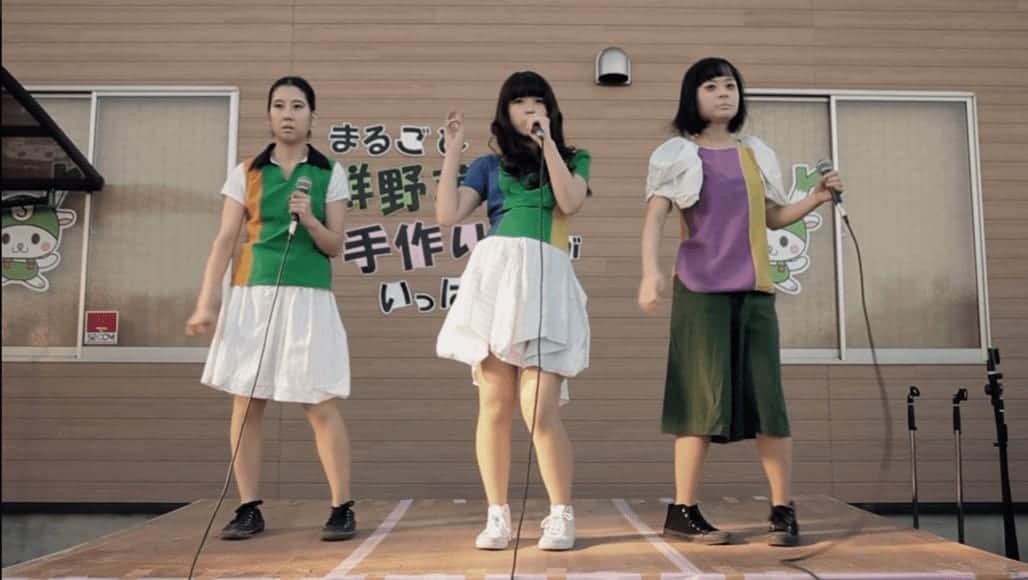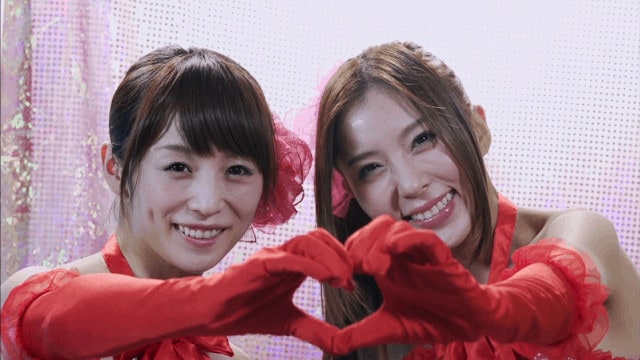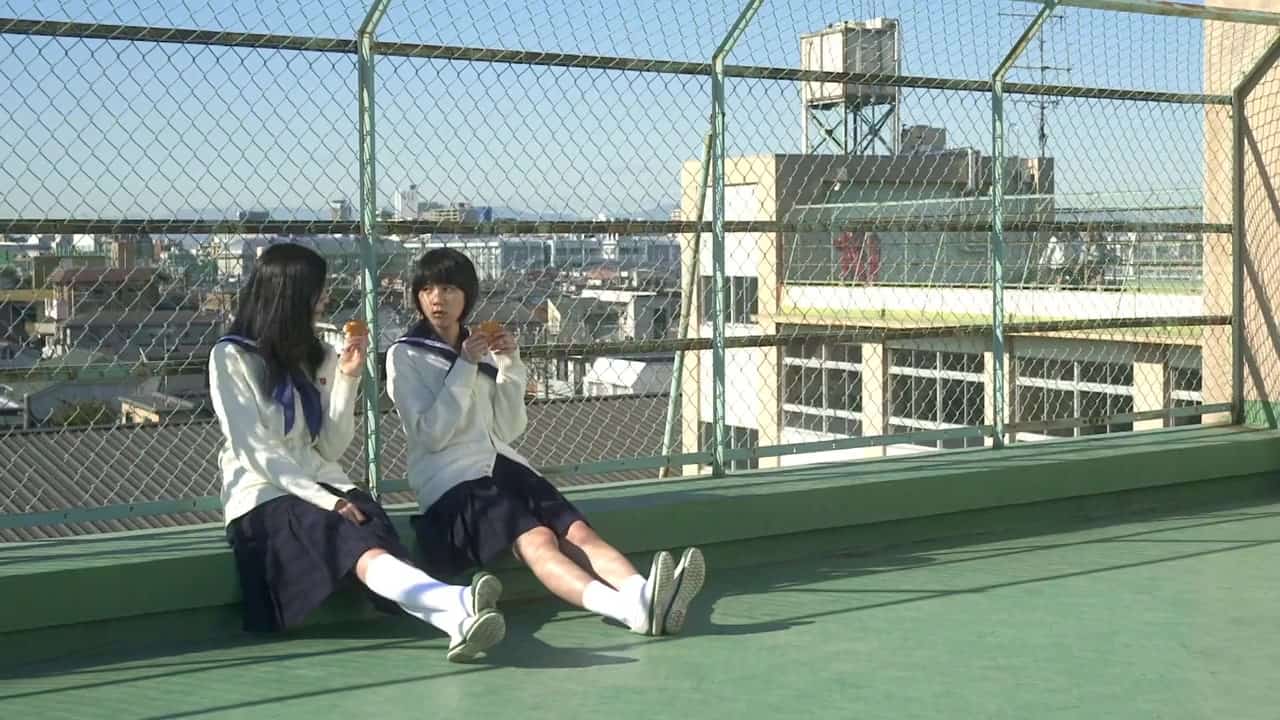“Some things I cannot resist filming, they demand it.”
Ever since the arrival of film as a medium and as an art, the possibilities of it have been endless. In the influential documentary “Man with a Movie Camera” ,P olish filmmaker Dziga Vertov experimented not only with the medium in terms of form, but also aimed to define the relationship of the director, the camera and the subject which is to be filmed. Considering the medium has made many technical advances over the years since the release of Vertov's there have been quite a few attempts to re-define this relationship. The most noteworthy examples in this field may be Jean-Luc Godard's “Adieu au Langage” (2014) and the films by Chris Marker.

Generally speaking, the nature of film theory touches upon that exact link to the audience as well as the authenticity of the picture itself. In the end, one of the most interesting aspects, especially in the present time, has to be the established distinction between the eye of the camera and the director him-/herself. As much as one would like to, most specifically since the era of post-modernism, these kinds of distinctions have lost quite a bit of their validity.
According to Japanese filmmaker Kaori Oda, there seems to be a rather fuzzy distinction between the two categories. Even in interviews, she always refers to the camera also as her “gaze” on the subject, suspending the defined separation of the two. Born in 1987, Oda became a director quite late in her life, starting with documentaries, one of which, “Thus a Noise Speaks”, has lasting consequences on her professional and family life. The self-documentary about her coming-out showed her confronting her parents with her homosexuality as well as the repercussions of this event. Her new film, “Toward a Common Tenderness” deals with these as well as her re-definition as a director.
Towards a Common Tenderness is screening at Japan Cuts 2018

In many ways, approaching a work such as “Towards a Common Tenderness” as a work of transition and transformation is perhaps the most rewarding way. Some scenes include a written work, for example extracts from Rosemary Menzies's “Poems for Bosnia”, with the camera following each line as if reading with the help of a magnifying glass. At the same time, a Kaori Oda's voice-over adds another layer to the frame, her personal story reflected in two ways within the picture. The speaker's way to find a balance with the world, touching a “butterfly without breaking”, mirrors the director's growing sense of realization about herself and the work. On the other hand, the use of camera suggests the search for this kind of approach still ongoing, still unfinished.
Considering “Towards a Common Tenderness” describes this process of finding, of maturing, there seems to be a fascinating contradiction at the center of the film. Much like directors as Godard or Marker, there is an increasing sense of distrust in the “authenticity” of the camera, the way it translates people and places into an artificial language. At the same time, as Oda admits throughout the film, there is simply no going back from it, the need to capture moments, people and spaces is simply irresistible. However, this is part of the director's responsibility, and the journey to this realization is painful, but eventually necessary.

What makes “Towards a Common Tenderness” such a fascinating viewing experience is how the film avoids overt intellectualism in favor of a more humane, more artful way to depict the task of redefining one's art. There is a moment of clarity when Oda speaks of “violence and compassion” as the foundations of humanity, both of which can be advanced through the use of the camera. Eventually, the drive to portray a person may go hand in hand with the motivation of the exploiter trying to achieve this one, individual vision, to satisfy the drive to capture the moment on film.
Interestingly, in an interview regarding her feature “Aragane”, Oda mentions Rainer Maria Rilke's “Letters to a Young Poet” as one the most inspirational texts for her. Like Rilke explaining how an artist should take an honest interest in the world around him/her, Oda's search has striking similarities with the re-claiming this interest for herself and her work. Combining the art and the person's passion for the world, is perhaps the best way to make art. But then again, this is one view on a film defined by the concept of flowing, of being influenced by the space and the people.
From a technical point of view, “Towards a Common Tenderness” reflects this search for answers. Mono Fontana's music highlights the frustration of the search, the suffering of coming to terms with the potential damaging power of the art one creates. The long takes, extracts from other, often unfinished movies emphasize the indecision, as well as the fascination of filming, the journey of the people in front of the camera. Considering Oda worked on the project during her studies in Sarajevo, there is also the approach to a new culture, a new landscape and its people, a fascination and passion which is translated very well for any viewer.

“Toward a Common Tenderness” is a fascinating, thought-provoking and deeply human film about the relationship of the artist to his/her subject and the world around. Driven by a search for answers, of re-establishing a lost connection to the work, the film reminds us of our own journey through this world, how we perceive it and influence it through our actions. Perhaps this kind of realization is the greatest gift of all “Toward a Common Tenderness” has in store for any open-minded viewer.
Source:
1) https://films2017.dok-leipzig.de/en/film/?ID=17715, last accessed on: 07/17/2018
2) http://pravoljudski.org/2017/home/film-festival/12th-pljff/films/reversus/toward-a-common-tenderness/, last accessed on: 07/17/2018
3) Boscarol, Matteo (2016) Interview with Oda Kaori
https://storiadocgiappone.wordpress.com/2016/03/11/interview-with-oda-kaori/, last accessed on: 07/17/2018


